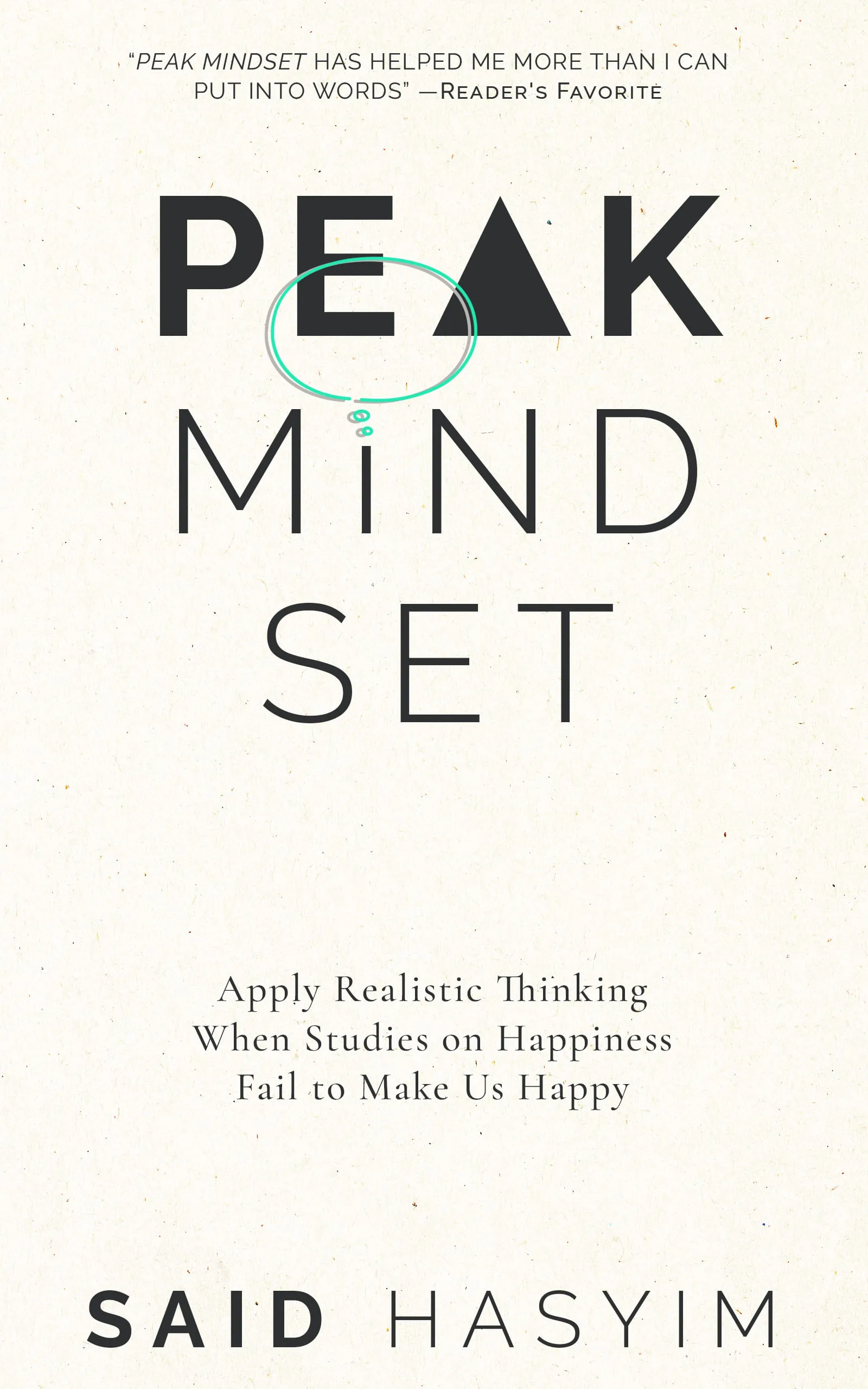Reframing Setbacks as Opportunities for Growth
Setbacks are a part of life—a universal experience that connects each of us in our journey toward personal and professional fulfillment. They can be disheartening, frustrating, and sometimes even debilitating. However, what if we could change our perspective on these challenges? What if we could learn to view setbacks not as failures, but as invaluable opportunities for growth? In this blog post, we will explore how reframing setbacks can serve as a powerful catalyst for change, resilience, and self-improvement.
Understanding Setbacks
Before we delve into the concept of reframing setbacks, it’s essential to understand what they truly are. Setbacks can manifest in various forms: a missed promotion at work, a failed relationship, a health crisis, or even small day-to-day disappointments. While they may feel overwhelmingly negative at the moment, setbacks introduce important lessons and fuel personal transformation.
Common Reactions to Setbacks
Typically, when faced with setbacks, individuals may experience a range of emotional responses, including:
- Disappointment: Feelings of sadness or regret that stem from unmet expectations.
- Frustration: Anger or irritation about circumstances beyond one’s control.
- Self-Doubt: A decrease in confidence, leading to a questioning of one’s abilities and decisions.
- Defensiveness: A tendency to protect oneself from criticism and to avoid taking responsibility.
While these reactions are natural, dwelling on them can hinder our growth and resilience. Instead, the key lies in shifting our perspective.
The Power of Reframing
Reframing is the mental process of changing the way we interpret and respond to experiences. By consciously shifting our viewpoint about setbacks, we can uncover valuable insights and opportunities for growth. Here’s how to start:
1. Acknowledge Your Emotions
Before reframing a setback, it’s crucial to acknowledge and validate your feelings. Ignoring emotions can lead to increased stress, anxiety, and emotional turmoil. Take time to fully experience your feelings, whether it's disappointment or frustration, and then gently guide yourself toward a more constructive mindset.
2. Identify the Lesson
Every setback carries within it the seeds of learning. Taking the time to analyze what went wrong, what could have been done differently, and how you can avoid similar situations in the future can provide clarity. Ask yourself questions such as:
- What did I learn about myself during this setback?
- What skills or strengths did I discover I had?
- How can this experience reshape my future actions?
3. Shift Your Focus
Instead of fixating on the setback itself, redirect your energy and attention to the potential opportunities that can arise from it. Consider it as a stepping stone, rather than a stumbling block. This perspective invites curiosity and exploration. For instance, if you were passed up for a promotion, could this be an opportunity to pursue new skills that enhance your employability in the future?
4. Cultivate Resilience
Setbacks often provide the perfect training ground for building resilience. Each time you face a challenge, you have the opportunity to develop coping strategies, emotional intelligence, and problem-solving capabilities. Embracing setbacks as learning moments helps create a mindset anchored in resilience, allowing you to bounce back more quickly.
5. Surround Yourself with Support
Communicating your setbacks and sharing your feelings with supportive friends, family members, or mentors can help you gain perspective. Others can provide valuable insights and encouragement, helping you to view setbacks through a different lens. Moreover, hearing about their own experiences of overcoming obstacles can inspire you to see the potential in your setbacks as well.
Success Stories: Overcoming Setbacks
Throughout history, countless individuals have experienced setbacks only to transform them into success stories. Consider these examples:
Thomas Edison: The famed inventor famously said, “I have not failed. I’ve just found 10,000 ways that won’t work.” His numerous setbacks in creating the lightbulb ultimately led him to success, demonstrating that persistence and learning from failures are key ingredients for innovation.
J.K. Rowling: Before becoming a bestselling author, Rowling faced multiple rejections for her manuscript of “Harry Potter.” Each “no” only fueled her determination, ultimately leading to a global phenomenon and a successful career.
Oprah Winfrey: Winfrey encountered significant personal challenges and obstacles throughout her early career, including being fired from her job as a news anchor. However, she reframed her setbacks as opportunities to redefine her path, leading to her success as a beloved talk show host, media mogul, and philanthropist.
These narratives illustrate that setbacks, while difficult, can serve as transformative experiences paving the way for eventual triumph.
Conclusion
Reframing setbacks as opportunities for growth is about shifting our mindset from one of defeat to empowerment. By acknowledging emotions, identifying lessons, shifting focus, cultivating resilience, and seeking support, we can transform challenges into valuable learning experiences. Setbacks do not define us; rather, they can catalyze our evolution and propel us toward newfound success.
As you face your own setbacks, remember—“A setback is a setup for a comeback.” Embrace the opportunity to grow, learn, and emerge stronger than before. So, the next time life throws a challenge your way, take a moment to reframe it as a stepping stone toward something greater. The journey of growth begins with how we respond to setbacks. Embrace them, learn from them, and allow them to guide you towards your best self.
Leverage Your Mindset for a Fulfilling Life
Explore Peak Mindset, a book to leveraging your subconscious for a more fulfilling life. Gain insights into realistic thinking, money management, and stress resilience to make informed decisions. Discover pitfalls in conventional happiness advice and practical strategies for self-transformation. Unlock your potential and enhance your overall satisfaction.
